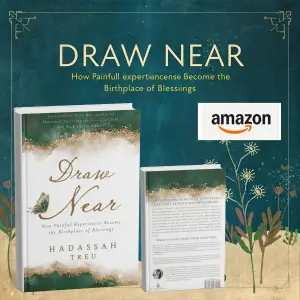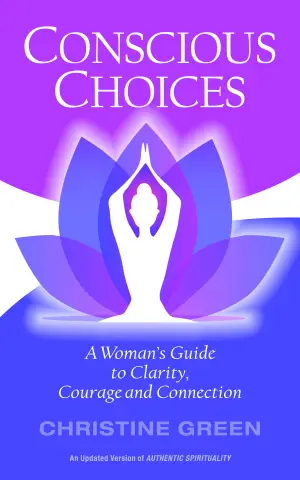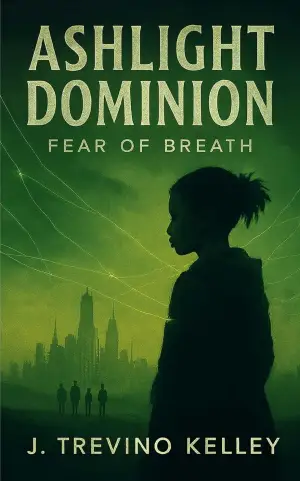A Personal Encounter with The Hating Game: Laughs or Lament?
I’ve had a copy of The Hating Game by Sally Thorne on my shelf since almost its release, but it took me longer than expected to finally dive in. In a hilarious twist, I nearly bought another copy because I thought I’d lost mine! Imagine the embarrassment of almost crying over a book purchase—books are not just investments, they’re treasures! Thankfully, my original copy resurfaced, but little did I know, the story inside would evoke a different kind of emotional response.
From the get-go, the premise of The Hating Game intrigued me: two office rivals, Lucy and Josh, who loathe each other while secretly lusting after one another. I expected a full-on enemy-to-lovers story, but my expectations were quickly met with a couple of eye-rolls. By 19% in, rather than exuding hate, Lucy and Josh were already throwing “lustful eyes” at one another, making me question the sincerity of their supposed animosity. If you’re going to preach about hate, I want the real deal, not a simmering tension that feels somewhat cliché.
Despite my initial doubts, I clung to the hope that the narrative could still take a fun twist. Unfortunately, it didn’t. The pacing dragged, and I found myself frequently bored, longing for something, anything, to spark my interest. Office rom-com? It felt more like an office drudgery. The comedic elements, which I thought would be peppered throughout, were scarce at best—the supposed banter between the two leads felt forced and uninspired.
The "paintball match" scene could have been a moment of fun, but it instead became a test of Josh’s inexplicable jealousy, overshadowing any potential laughter. My notes became a montage of my bewilderment rather than enjoyment—Lucy’s daydreams about Josh, his ill-timed kisses, and ambiguous conversations left me scratching my head more than giggling. Lines like “What’s my favorite color?” and the cringe-worthy references to “the Or Something Game," only heightened my confusion rather than delight.
One particularly amusing yet infuriating moment involved Lucy asking Josh to be friends while he sidetracked their conversation into jealousy territory. The “pushing her out of a janitor’s closet” maneuver felt more like a plot malfunction than a romantic gesture. The relationship felt tragically sad rather than thrilling—a concoction of misguided attraction entwined with a lack of depth.
While the author’s prose has an undeniable charm, the moments of clarity were often drowned out by the overall tone of the book. The two characters would occasionally blurt out phrases that could be deemed romantic, but they often felt devoid of sincerity, pulling me further from investment.
At the end of my reading journey, I found myself pondering who might actually enjoy this book. Perhaps if you thrive on romantic tropes or enjoy some surface-level drama, this might appeal to you. For me, however? I wish I could reclaim the time spent hoping for a delightful rom-com that just never materialized.
In closing, while I appreciate The Hating Game for its light-hearted banter attempt and cute cover, it ultimately served as a reminder that not all books live up to their promise. If I could parallel this reading experience to my initial emotional rollercoaster upon losing my copy, it would be a blend of anticipation, followed by a quiet disappointment—an emotional journey I wish had been more fulfilling.
Discover more about The Hating Game on GoodReads >>






